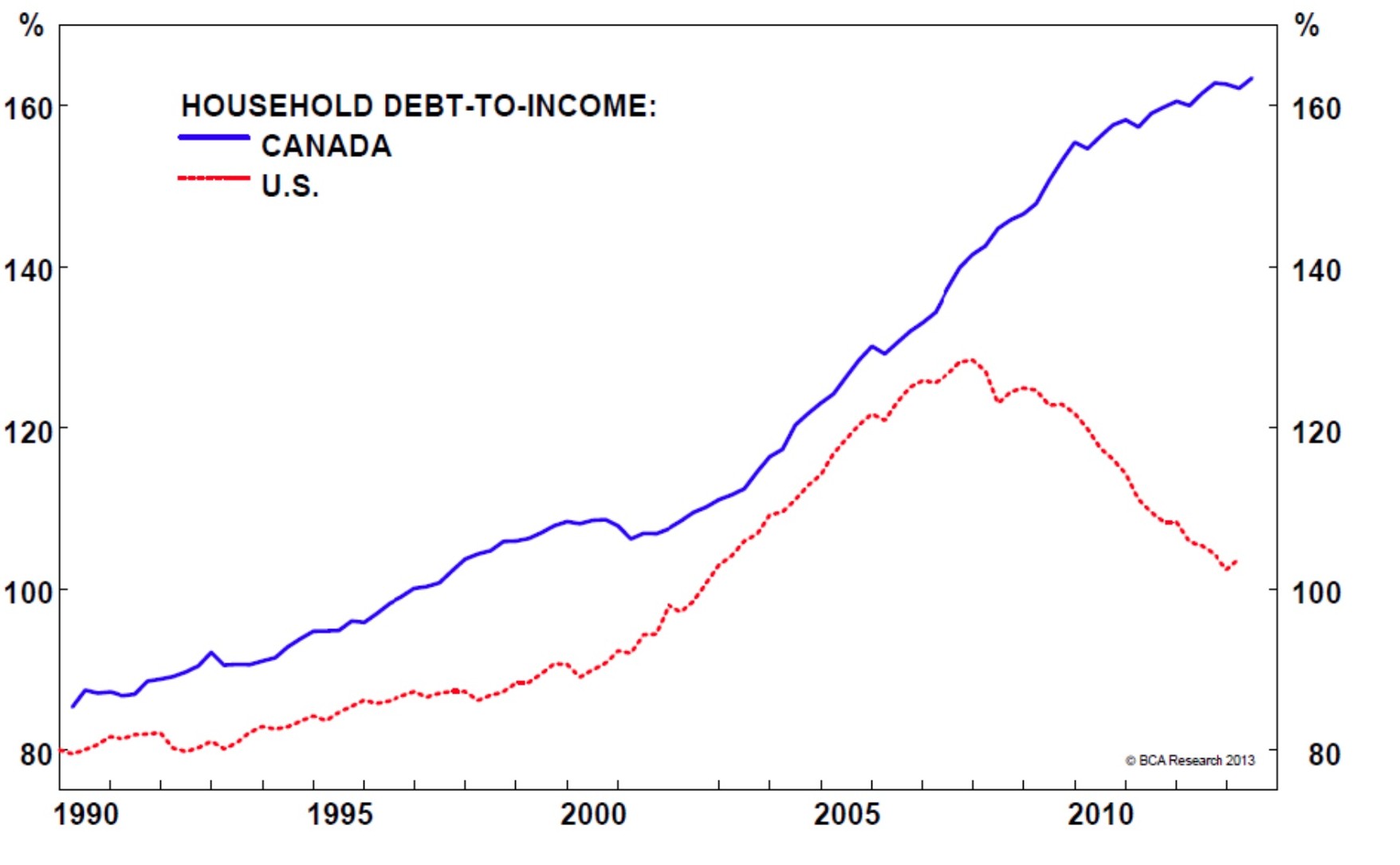- Reaction score
- 10,795
- Points
- 1,260
Humphrey Bogart said:I don't really know what those numbers are measuring and I don't think they are right.
The numbers are valuation - Apple is more valuable than Walmart. 100 years ago, a steel company was the most valuable company in the world's largest economy. 50 years ago, a computer company was the most valuable company in the world's largest economy. Now, a information software/app company is the most valuable company in the world's largest economy. What should this tell us about our economy?
The "so what," to me at least, is that the information age economy does not value making stuff - Ricardo doesn't buy his port from England. I don't dismiss the concerns with the economy, and there are trends that have me concerned, but I need to be convinced that the loss in quantity of resource extraction plants is a sign of bad times. Having hundreds of Canadians sitting in an assembly or processing line is an industrial age mode of employment. There are a few sources out there, but it seems to me that Canada earns it money with banking (5 of the top 10 most valuable companies in the country are banks), insurance, and telecoms. We make port, not wool!
I come from small pulp and paper town in B.C. and it is down to one mill. I am told (anecdotally, I wish I could find figures) that the one mill now spits out as many board feet as four or five of the older mills combined. If that's the case, then all the better, as industry is evolving.



